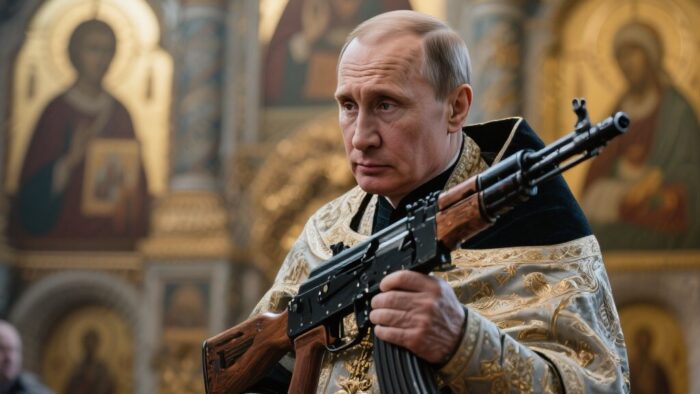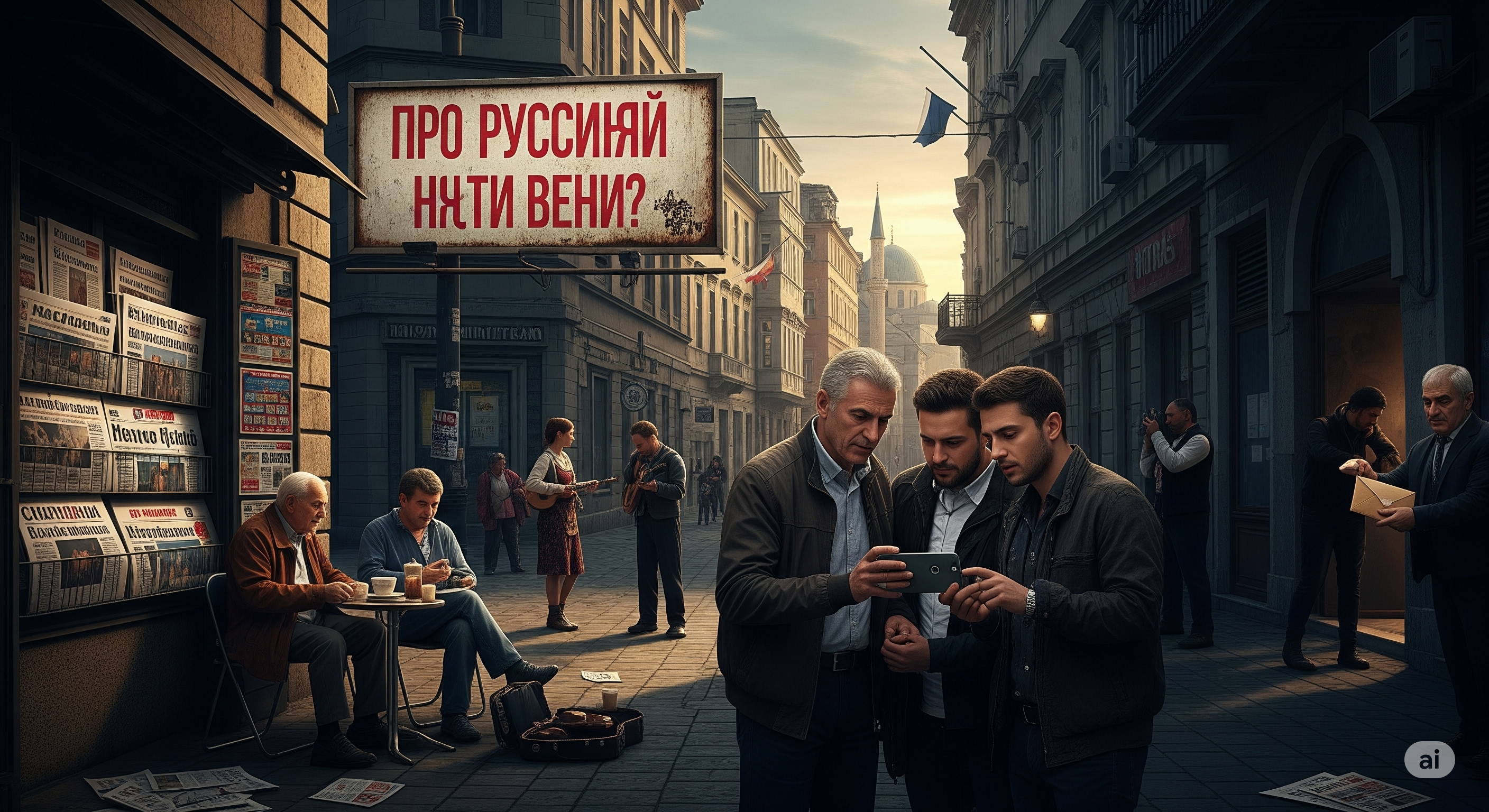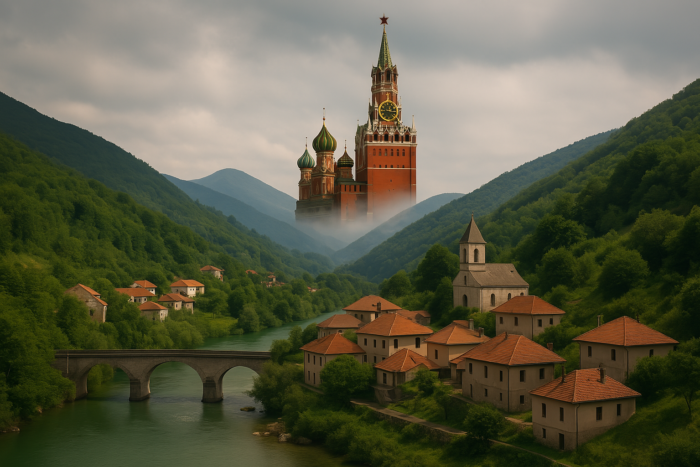Croatia’s far-right Homeland Movement (DP) has brought extremist and openly anti-Serb views into government since joining a coalition with the ruling HDZ party following the April 2024 elections. On 10 September 2025, Balkan Insight reported that public manifestations of far-right sentiment have become more common since the DP entered government, with the party conditioning its support on reducing funding for Serb minority cultural and media programs while its members participate in protests featuring fascist symbols. The article begins:
In late August, the Sarajevo-born writer Miljenko Jergovic, an outspoken anti-fascist, woke to a message scrawled on the wall of his apartment block in the Croatian capital, Zagreb. It read: ‘One August night, for Miljenko, something bad will come to pass. Our country. Our rules.’ Jergovic, 59, said he took the threat seriously. He pointed the finger of blame, however, not at the person who wielded the spray canister, but at those in charge of the state, writing on Facebook: “I suspect the Prime Minister of the Republic of Croatia, Andrej Plenkovic, and the Minister of Interior, Davor Bozinovic. The graffiti came at the end of a summer of far-right symbolism and historical revisionism in the former Yugoslav republic, peaking on July 5 when hundreds of thousands flooded to a concert in the capital by Marko Perkovic Thompson, a poster boy for hardline Croatian nationalism.
Read more: https://balkaninsight.com/2025/09/10/tudjman-to-thompson-croatias-growing-struggle-with-extremism-and-identity/ [paywall]
The Homeland Movement (Domovinski pokret, DP) is a Croatian right-wing populist and nationalist party founded in 2020.
Key Points
- DP conditioned coalition support on cutting subsidies for the Novosti weekly published by the Serb National Council.
- DP Agriculture Minister Josip Dabro resigned after a video surfaced showing him illegally firing an automatic weapon.
- Two DP MPs participated in the September protest against a leftist festival featuring HOS symbols and fascist salutes.
- Speculation exists that HDZ may abandon the DP coalition in favor of an alliance with regional parties.
The Global National Conservative Alliance in the Balkans: Orthodox Church, Ethnic Nationalism, Anti-EU Sentiment
National conservative parties across the Balkans leverage Orthodox Christian identity, ethnic nationalism, and anti-EU sentiment to challenge liberal democracy while exploiting economic grievances and accession frustrations. Bulgaria’s Revival party surged from 4.86% to 14.4% between 2021 and 2023 by advocating referendums on EU and NATO membership while promoting conspiracy theories and exploiting political instability following five inconclusive elections since 2021.
Far-right talking points, from racism to misogyny and anti-LGBT rhetoric, have become increasingly commonplace among mainstream Balkan politicians, with movements portraying traditional Orthodox values as under “attack” by the West, globalism, and LGBT activists. Orthodox Church institutions function as legitimizing forces beyond individual political figures, with extreme-right groups invoking religious narratives and imagery to enter mainstream politics and position themselves as authentic articulators of national interests.
North Macedonia’s prolonged accession delays exemplify how Brussels’ unfulfilled promises after two decades create vulnerabilities that malign actors exploit, with Foreign Minister Mucunski warning about frustration with constantly shifting membership requirements being weaponized against European integration. In Bosnia and Serbia, groups operating under humanitarian guises glorify convicted war criminals while supporting secessionist movements in Republika Srpska, with unemployed working-class youth often recruited by organizations presenting themselves as “patriotic,” as economic hardship makes extremism more attractive.
These movements promote ethnic nationalism, including “Greater Serbia” and “Greater Albania” concepts alongside historical revisionism, with gatherings featuring genocide denial and ethno-nationalist iconography while targeting ethnic minorities, including Turks, Roma, Muslims, and Albanians, through racist violence.
External References:
- The Serbian Orthodox Church and Extreme-Right Groups: A Marriage of Convenience or Organic Partnership? — Georgetown University Berkley Center
- Who are the extreme right organizations in the Balkans? — Balkan Insight
- Violent Right-Wing Extremism in the Western Balkans — European Commission
Disclaimer
The Global Influence Operations Report (GIOR) utilizes AI throughout the posting process, including the generation of summaries for news items, introductions, key points, and, often, the “context” section. We recommend verifying all information before use. Additionally, all images are AI-generated and intended solely for illustrative purposes. While they represent the events or individuals discussed, they should not be interpreted as real-world photography.











